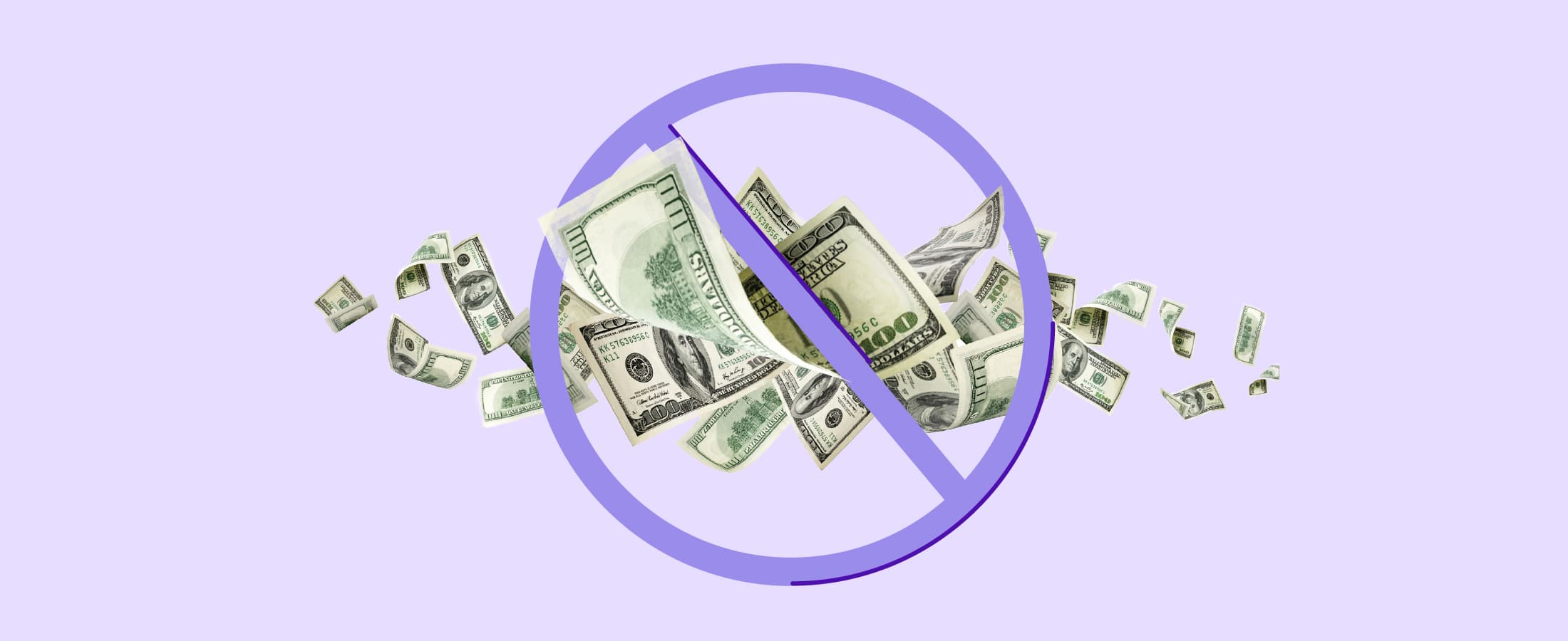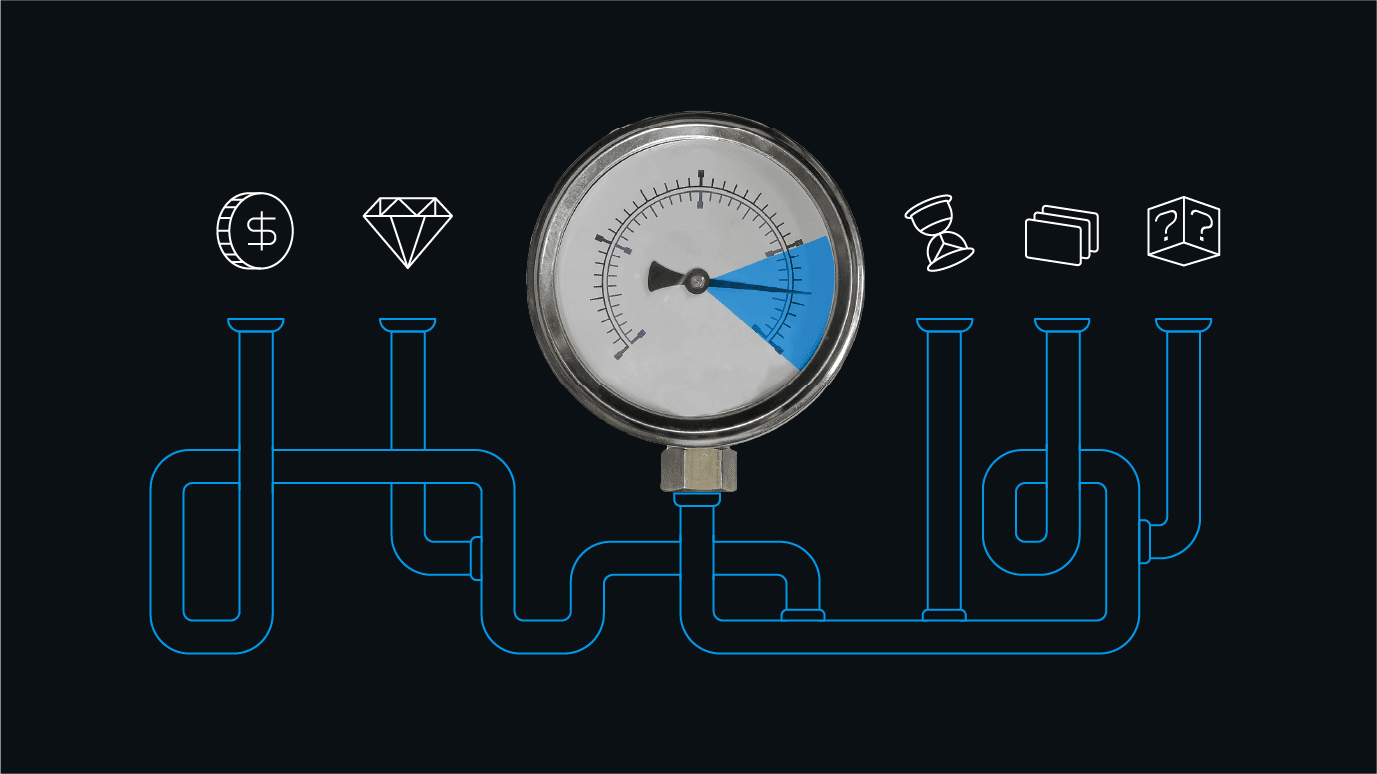Nov 16, 2018
Should I Consider Taking Money From My Retirement Accounts?
The economy’s looking scary. Should you consider taking money from your retirement account to get you through?

You might need extra cash for any number of reasons—an unexpected car repair, sudden job loss, or maybe a medical emergency. Even a significant drop in the stock market might make you consider taking out the money you’ve socked away for retirement.
But should consider doing that, even if you need it?
Saving for retirement, and only retirement
Your retirement savings should be off-limits as much as possible. Even if you’re in a financial jam. Consider your retirement savings for one thing only: retiring.
While it may be comforting to know that you do have a pile of money locked away in a 401(k) or individual retirement account (IRA), it’s best to try and forget about it, and resist the temptation to withdraw it for immediate use.
Why? Because withdrawing your retirement savings will likely result in two outcomes:
You may be hit with taxes and early-withdrawal penalties. Generally, if you take any money out of your traditional or Roth IRA before the age of 59½, you’ll be subject to income tax, plus a 10% penalty (unless it’s for a qualifying reason, and the account has been open longer than five years). For a 401(k) early withdrawal, the penalties are similar, but there may be some different rules depending on your employer’s vesting schedule.
You may set your retirement back. It’s recommended that you save a little for retirement, regularly. If you pilfer from your retirement accounts, you could delay your retirement by years. Retirement accounts take advantage of something called compounding to grow your nest egg—and if you pull your money out, you may earn less of a return.
One Solution: Create an emergency fund
One of the best ways to keep yourself from looting your retirement accounts is to build a financial firewall so that you don’t have to. That means creating an emergency, or “rainy day” fund equivalent to a few months’ worth of expenses.
An emergency fund is your financial safety net. When you eventually run into some financial difficulty—and you likely will—this is the fund you’ll use to help make ends meet. If you don’t have one, it should be the first item on your financial to-do list.
Related articles

budgeting
May 04, 2025
How to Build Credit from Scratch in 2025

budgeting
Apr 27, 2025
Who gets the insurance check when a car is totaled?

budgeting
Apr 09, 2025
How to Make Extra Income While Working Full-Time

budgeting
Apr 08, 2025
How Much Does the Average American Make?

budgeting
Apr 07, 2025
How to Calculate Monthly Income

budgeting
Mar 14, 2025
How to Budget for Large Expenses
By using this website you agree to our Terms of Use and Privacy Policy. To begin investing on Stash, you must be approved from an account verification perspective and open a brokerage account.
